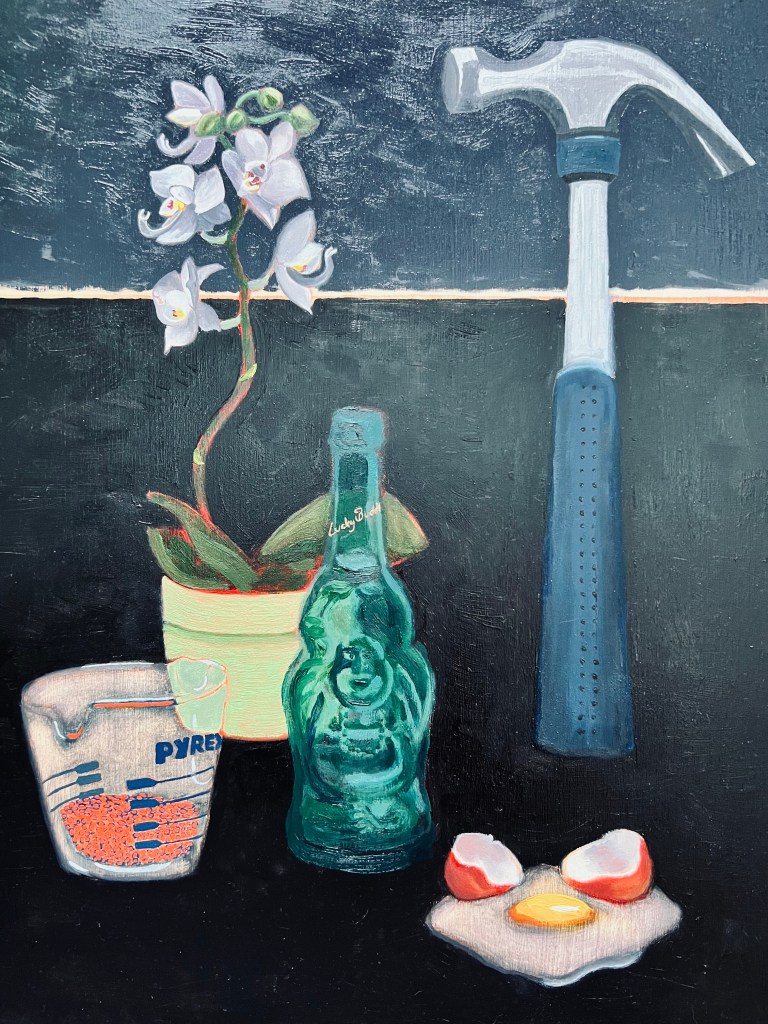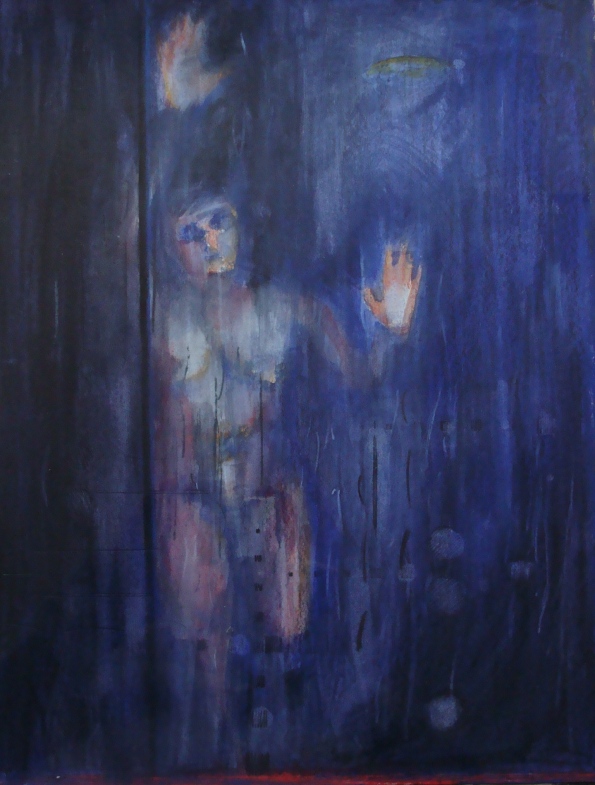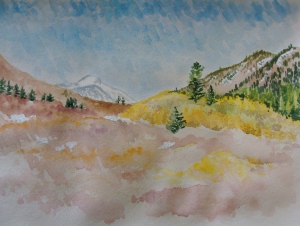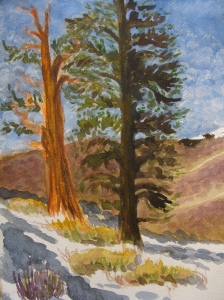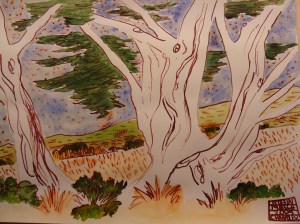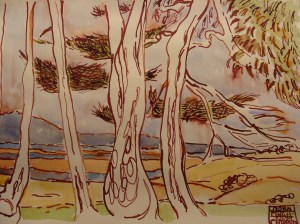
“During the more than thirty years that I did not make my home in Kentucky, much that I did not like about life in my home state (the cruel racist exploitation and oppression that continued from slavery into the present day, the disenfranchisement of poor and/or hillbilly people, the relentless assault on nature) was swiftly becoming the norm everywhere. Throughout our nation the dehumanization of poor people, the destruction of nature for capitalist development, the disenfranchisement of people of color, especially, African-Americans, the resurgence of white supremacy and with plantation culture has become an accepted way of life. Yet returning to my home state all the years that I was living away, I found there essential remnants of a culture of belonging, a sense of the meaning and vitality of geographical place (p.23) .”
Excerpt from bell hook‘s Belonging: A Culture of Place in the essay Kentucky is My Fate (2009)
“In ring composition, the narrative appears to meander away into a digression (the point of departure from the main narrative being marked by a formulaic line or stock scene), although the digression, the ostensible straying, turns out in the end to be a circle, since the narration will return to the precise point in the action from which it had strayed, that return marked by the repetition of the very formulaic line or scene that had indicated the point of departure…..interlocked narratives, each nested within another in the manner of Chinese boxes or Russian dolls (p.13)…..so we will leave our wanderer there and not bother him with all this history, the vast chain of events that has brought him back to the coastline where all the myths began, because, as we know, obscurity has its uses, too: can be as solid and productive, as concrete and real, as illumination is. We do not want to distract him. Now it is time for this exile to set upon his great work, a book that will begin with an account of a technique that is as old as Homer, known as ring composition: a wandering technique that yet always finds its way home, a technique which, with its sunny Mediterranean assumption that there is indeed a connection between all things, the German Jew Erich Auerbach – no doubt forgivably just now, given the awful and twisted route that has brought him here, the dark road, which yet, as he will one day finally admit, made his book possible – considers a little too good to be true (p.113).”
Excerpts from Daniel Mendelsohn‘s book Three Rings: A Tale of Exile, Narrative, and Fate (2020).
